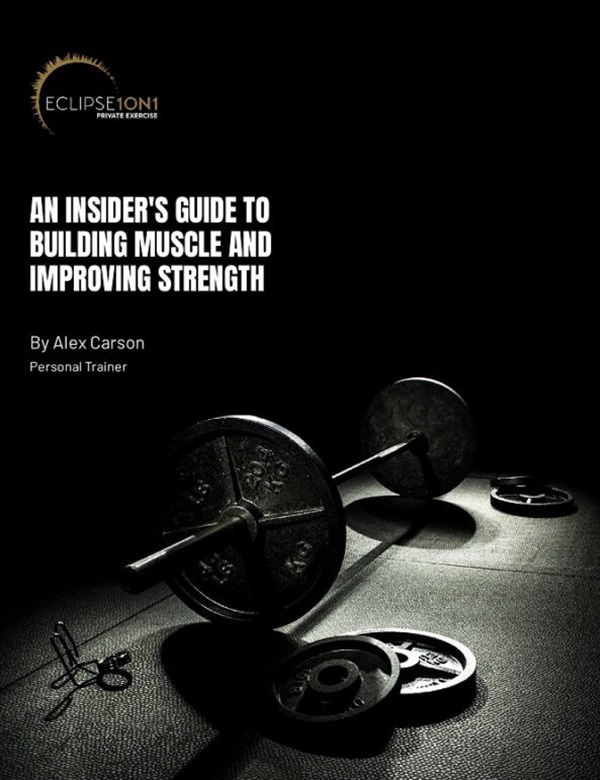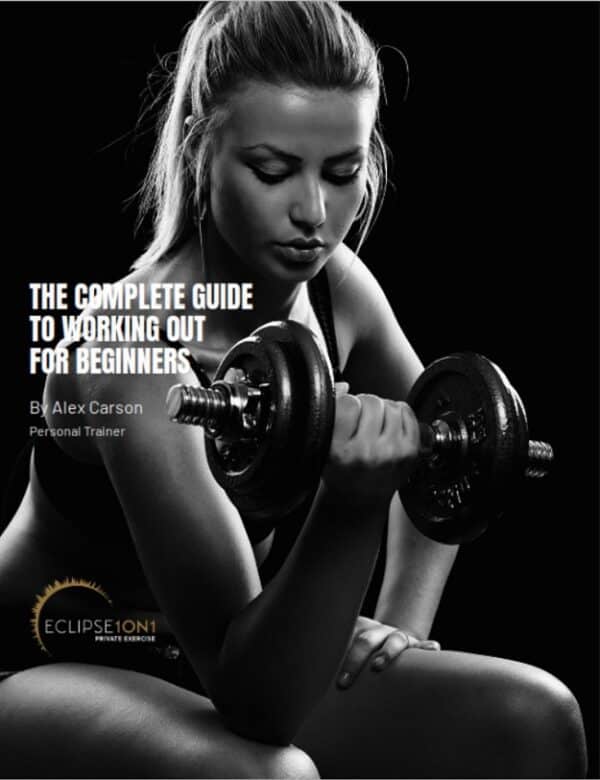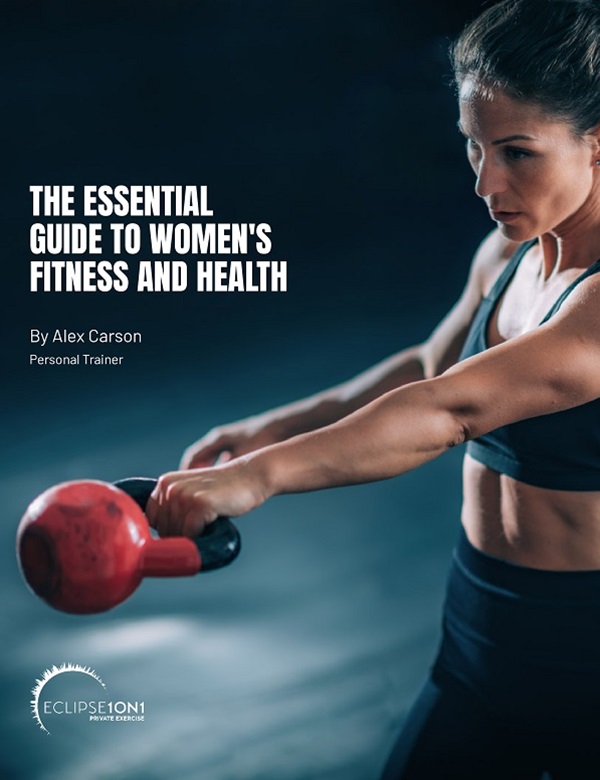Recovery and Rest Days: The Importance of Resting for Optimal Fitness Gains
Recovery and Rest Days: The Importance of Resting for Optimal Fitness Gains
For anyone striving to achieve fitness goals, recovery and rest days are essential components of a well-rounded fitness routine. It’s tempting to push yourself to the limit every day, but allowing your body time to rest and recuperate is just as important as training hard.
Importance of Recovery and Rest Days for Fitness Gains
Rest and recovery days are crucial for maximizing your fitness gains. Here’s why:
- Preventing overuse injuries: Continuous intense workouts without sufficient rest can lead to overuse injuries like strains, sprains, or burnout. Rest days give your body time to repair and reduce the risk of injury.
- Promoting muscle growth: Resting allows your muscles to recover and rebuild after challenging workouts. This process is essential for optimal muscle growth and strength gain.
The Science Behind Muscle Recovery and Growth
When you exercise, your muscles undergo microscopic damage. During rest and recovery, your body repairs these micro-tears, resulting in stronger and larger muscles. This process, known as muscle protein synthesis, is enhanced during sleep and rest days.
Remember, rest and recovery are just as important as your training sessions. Incorporate regular rest days into your fitness routine to ensure optimal gains and reduce the risk of injury. Listen to your body and allow it the time it needs to recover and come back stronger.
Types of Recovery Techniques
Passive Recovery: Resting and Sleep
Recovery and rest days are just as important as your workout days when it comes to achieving optimal fitness gains. It may be tempting to push yourself harder and skip rest days, but failing to give your body enough time to recover can hinder your progress.
During rest days, your body repairs damaged muscle tissues and replenishes energy stores. This helps to prevent injuries, reduce muscle soreness, and improve overall performance. Make sure to prioritize getting enough sleep as well, as proper rest is essential for the body to heal and regenerate.
Active Recovery: Stretching and Low-Intensity Exercises
Engaging in active recovery techniques can also benefit your body and mind. Gentle stretching exercises can improve flexibility and reduce muscle tightness. Low-intensity activities such as walking, swimming, or yoga also promote blood flow, aiding in the removal of metabolic waste and enhancing recovery.
Remember, rest days are not a sign of weakness, but rather a crucial part of your fitness journey. Listen to your body and give it the time it needs to recover and rebuild. By incorporating both passive and active recovery techniques into your routine, you can optimize your fitness gains and achieve your goals in a safe and sustainable way.
Benefits of Rest Days for Muscles and Joints
Muscle Repair and Growth
Rest days are crucial for muscle repair and growth. When you exercise, you are breaking down muscle fibers, and it is during rest that these fibers repair and rebuild, becoming stronger and more resilient. Skipping rest days can hinder this repair process, leading to muscle fatigue and decreased performance. It is essential to give your muscles adequate time to recover, especially after intense workouts or strength training sessions.
Reduced Risk of Injury and Overtraining
Resting also helps to prevent injuries and overtraining. Overtraining occurs when you push your body too hard without giving it enough time to rest and recover. This can lead to chronic fatigue, decreased immune function, and an increased risk of injury. By incorporating regular rest days into your fitness routine, you allow your muscles, joints, and connective tissues to heal and repair, reducing the risk of overuse injuries and promoting overall physical well-being.
Remember, rest days are not wasted days. They are an essential component of any successful fitness program. So, make sure to listen to your body, give yourself time to recover, and reap the rewards of optimal fitness gains.
Mental and Emotional Benefits of Resting
Reduced Stress and Anxiety
Taking regular rest days is not only crucial for your physical well-being but also for your mental and emotional health. Resting allows your body to recover from the stress and strain of exercise, which can help reduce overall stress levels. When you engage in intense physical activity, your body produces stress hormones like cortisol. By taking rest days, you give your body a chance to restore balance and lower cortisol levels, leading to reduced stress and anxiety.
Improved Focus and Motivation
Rest days are essential for maintaining and improving your focus and motivation. Continuous exercise without proper rest can lead to burnout and decreased motivation. Resting allows your body and mind to recharge and recover, which can enhance your ability to concentrate and stay motivated. Additionally, when you give yourself regular breaks, you avoid mental fatigue and improve your cognitive function, leading to better focus and productivity during your workouts.
Incorporating rest days into your fitness routine is vital for optimal physical, mental, and emotional well-being. It allows your body and mind to recover, reducing stress and anxiety while improving focus and motivation. So, remember, rest is just as important as exercise in achieving your fitness
Strategies for Effective Rest Days
In the pursuit of optimal fitness gains, it’s easy to get caught up in the mentality of pushing oneself to the limit day in and day out. However, what many fail to realize is that rest and recovery days are just as crucial as the intense training sessions. Taking the time to rest allows the body and mind to recharge, repair, and achieve better results. Here are a few strategies for effective rest days:
Proper Nutrition and Hydration
Eating a well-balanced diet is essential for optimizing recovery. Ensure that your meals include an adequate amount of protein, carbohydrates, and healthy fats to support muscle repair and replenish glycogen stores. Hydration is equally important as it aids in flushing out toxins and maintaining overall body function. Remember to drink enough water throughout the day to stay adequately hydrated.
Relaxation Techniques and Stress Management
Incorporating relaxation techniques and stress management strategies into your rest days can greatly enhance recovery. Engaging in activities such as yoga, meditation, deep breathing exercises, or even a leisurely walk can promote relaxation and reduce stress levels. Additionally, getting enough sleep is crucial for muscle repair and overall well-being. Aim for 7-9 hours of uninterrupted sleep each night to optimize recovery.
Taking the time to rest and recover doesn’t mean being lazy or slacking off. It’s an integral part of the fitness journey that allows the body to adapt and perform at its best. So, remember, embrace the power of rest to achieve optimal fitness gains.
Customizing Recovery and Rest Days for Different Fitness Levels
Beginners: Importance of Rest Days for Gradual Progress
For beginners, rest days are crucial for optimal fitness gains. Starting a new exercise routine can put a lot of stress on the body, especially if you’re not used to physical activity. Rest days allow your muscles to repair and recover, which is essential for building strength and endurance. By taking regular rest days, you give your body the chance to adapt and progress at a healthy pace. It’s important to listen to your body and not push yourself too hard, as this can lead to injuries and burnout. Incorporating rest days into your routine will help you avoid overtraining and ensure sustainable progress in your fitness journey.
Advanced Athletes: Active Recovery and Cross-Training
For advanced athletes, rest days may look a little different. While it’s still important to allow your body time to recover, active recovery can be beneficial. Active recovery involves engaging in low-intensity exercises like stretching, yoga, or light cardio. These activities help increase blood flow to the muscles, which aids in recovery. Cross-training is another great option for rest days. By switching up your workouts and engaging in different activities, you give certain muscle groups a break while challenging others. This can prevent overuse injuries and keep your workouts fresh and exciting. Remember, even advanced athletes need rest days to avoid burnout and maintain a balanced fitness routine.
Myths and Misconceptions About Rest Days
The Fear of Losing Progress
One common misconception about rest days is the fear of losing progress. Many believe that taking a day off from their fitness routine will set them back and undo all their hard work. However, rest days are crucial for optimal fitness gains. When you rest, your body has a chance to repair and rebuild muscle tissue, which leads to stronger muscles and improved performance overall. It’s important to understand that progress is not linear, and taking the time to rest and recover is essential for overall growth and development.
Finding the Balance Between Rest and Consistency
Finding the right balance between rest and consistency is key to achieving optimal fitness gains. While rest days are important, it’s also crucial to maintain a consistent workout routine. Resting too much can lead to detraining and loss of progress, while not resting enough can increase the risk of injury and hamper performance. It’s recommended to have at least one to two rest days per week, depending on your fitness level and goals. Use these rest days to engage in active recovery, such as light stretching or low-intensity activities like yoga or walking. By finding the right balance between rest and consistency, you’ll be able to maximize your fitness gains and achieve long-term success.
Rest days are not just about physical recovery; they are also necessary for mental well-being. Taking time to relax and recharge can prevent exercise-induced stress and promote overall mental health. It allows you to enjoy other aspects of life and maintain a healthy balance between fitness and other responsibilities.
Remember, rest does not mean complete inactivity. Active recovery activities such as gentle stretching, yoga, or light cardio can help promote blood flow and aid in recovery. Listen to your body and give it the rest it needs to perform at its best.








